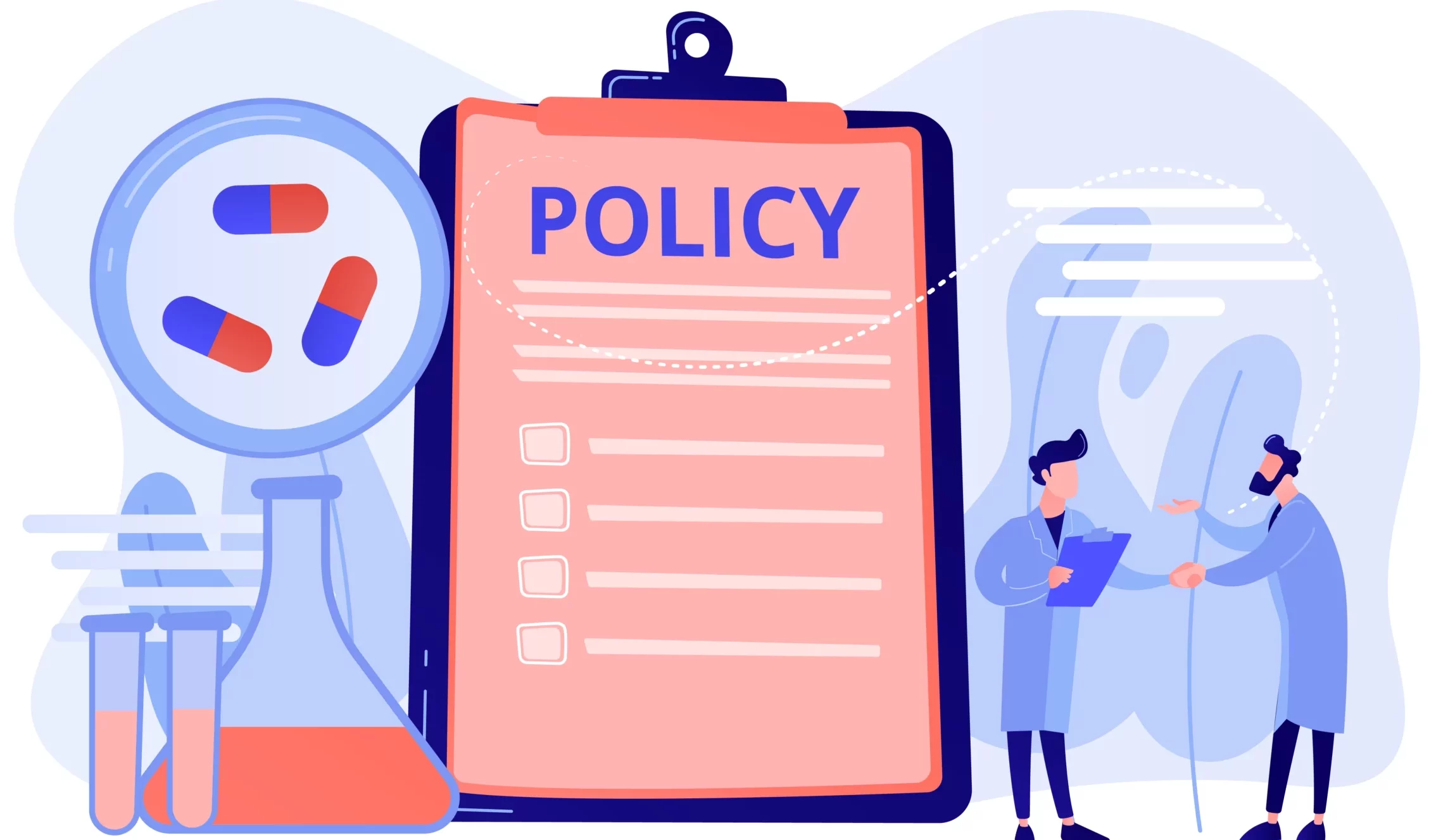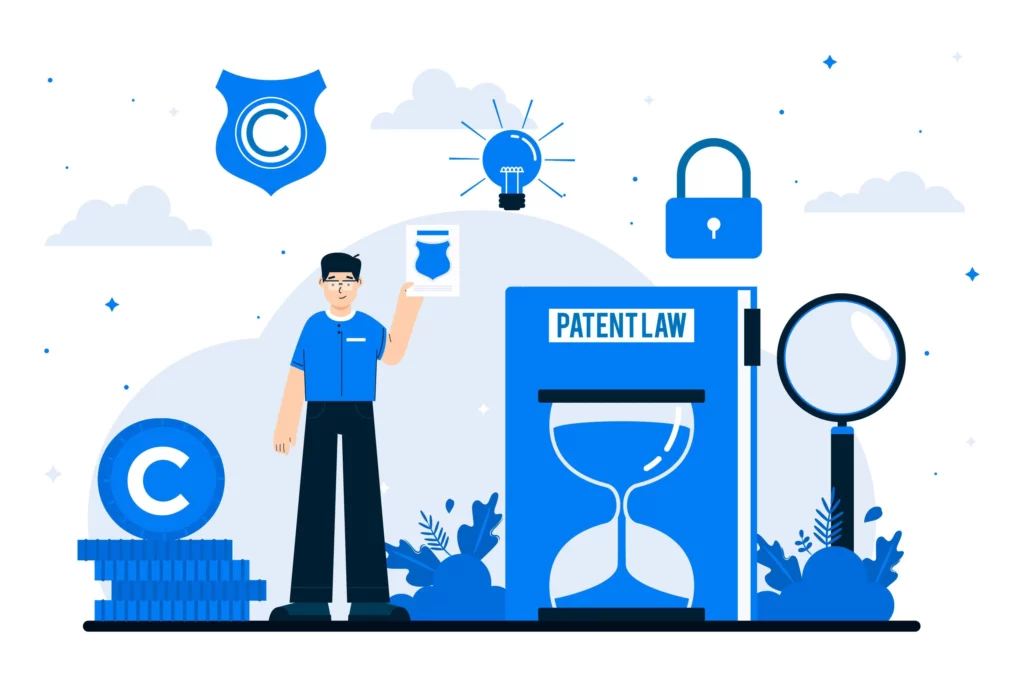Hospitals play a vital role in healthcare. They help keep patients well and support community health. But, running a treatment center is not easy. A big challenge is managing legal contracts. These contracts are key for the hospital’s work. They cover patient care agreements, supplier contracts, jobs, and insurance plans. With a tricky healthcare system, treatment centers are facing more legal problems. These issues can lead to expensive disputes, stop operations, and cause compliance risks.
This blog talks about why it is important to manage legal contracts in hospitals. This includes contracts with vendors, patient care, employment, and insurance. It points out common legal problems like not following rules, unclear terms, and payment delays. It also explains how good contract management can lower risks, ensure rules are followed, and make hospital work better.
Types of Legal Contracts in Hospitals
Hospitals handle many legal contracts each day. They work with vendors, suppliers, and insurance providers. They also deal with employee relations and patient care. Knowing the different kinds of contracts hospitals need is important for reducing legal risks.
1. Vendor Contracts in Health center

Vendor contracts are important for hospitals. They create connections with suppliers that provide medical equipment, medicine, and services needed for daily work. These contracts usually cover delivery times, prices, service standards, and quality guidelines.
Challenges come up when vendors do not meet their contracts, like late deliveries or poor-quality products. These problems can affect how healthcare workers work and harm patient care. To keep away from these issues, hospitals need clear and strong vendor contracts.
2. Patient Care Contracts

Patient care contracts are agreements between the Care facility and patients. They explain the terms of medical care, consent, billing, and rights. These contracts follow strict rules, like HIPAA, to keep patient privacy and confidentiality safe.
Legal problems with patient care contracts often include unclear consent forms, confusing billing terms, or disputes about treatment. Treatment centers must make sure their patient care agreements are clear and follow healthcare rules.
3. Employment Contracts in Healthcare

Employment contracts outline the work terms for hospital staff. This includes pay, job responsibilities, confidentiality agreements, and ways to solve disputes. Medical centers have many types of workers like doctors, nurses, technicians, and administrators. They need to make sure their contracts follow labor laws and healthcare rules.
Disagreements about job terms, wrongful firing, or pay are common in healthcare places. Good employment contracts can help stop these problems and keep a good work environment.
4. Insurance Contracts and Reimbursements

Healthcare centers work with insurance companies. This includes private insurers, Medicare, and Medicaid. They do this to get paid for the medical services they give to insured patients. The contracts set the payment rates, billing steps, and what patients are covered.
Delayed or denied insurance payments can hurt a Healthcare facility’s cash flow and operations. Managing insurance contracts well helps ensure timely payments and lessens the chance of disputes.
5. Lease and Property Agreements

Hospitals often rent buildings or spaces to do their work, including areas for patient care, offices, and storage. Lease agreements say how much rent is, who takes care of things, and how long the lease lasts.
Legal battles about lease terms, like rent hikes or upkeep duties, can cause problems for hospital operations. Hospitals need to handle these contracts well to prevent issues with property owners.
Related Article: Real Estate Contract Management Software: A Detailed Guide
9 Common Legal Contract Issues in Healthcare
Hospitals deal with many legal problems when managing contracts. If they do not handle these problems well, it can lead to big legal and money issues.
1. Non-compliance with Healthcare Regulations

The healthcare industry has many rules. These rules affect patient care, privacy, billing, and more. Hospitals must follow several regulations. These include HIPAA, Stark Law, and the Affordable Care Act (ACA). If hospitals do not follow these laws, they can face large fines, lawsuits, and harm to their reputation.
A hospital may face a big fine if it does not manage patient data properly and breaks HIPAA rules. This error could make patients lose trust. It may also result in heavy monetary penalties.
2. Ambiguous Contract Terms

One big reason for problems in healthcare is unclear contract terms. This can happen in agreements with sellers, patient care contracts, or insurance policies. When terms are not clear, it can cause confusion or arguments between the parties. For example, if the details about services or timelines are vague, it can lead to issues in providing services or taking care of patients.
A vendor agreement that does not clearly say delivery dates for medical supplies can cause shortages. This would affect patient care and lead to legal disputes over breaking the contract.
3. Delayed Payments and Reimbursements

Delayed payments from patients, insurance companies, or other payers create serious money issues for hospitals. Issues with insurance claims, billing errors, or slow payments can harm hospital resources and hurt their work. To solve these problems, hospitals need clear insurance contracts and simpler billing processes.
A hospital may face money issues if an insurance company is slow to pay for patient care. This delay can stop hospital tasks and lead to cash flow problems.
4. Disputes with Vendors and Suppliers

Vendor disputes can have a big impact on how hospitals run. Problems like bad product quality, late deliveries, or not following contract rules can result in supply shortages and hurt patient care. To avoid these problems, hospitals should create clear contracts. These contracts need to state service levels, mention penalties for breaking the rules, and include ways to settle disputes.
A hospital may have a situation where a supplier does not deliver important machines on time. This delay can create issues for the hospital. They might have to find other suppliers, and that usually costs more
5. Employment Disputes

Employment issues, such as unfair job loss, unpaid pay, or claims of discrimination, can lead to costly legal battles for hospitals. Clear job contracts that explain work duties, pay, and ways to resolve issues can help avoid these problems. Hospitals should also build a fair and open workplace to prevent such issues.
If a nurse is wrongfully fired for job issues not stated in their contract, they might choose to take legal action. This could result in legal costs and harm to their reputation.
6. Legal Issues from Poorly Managed Contracts

Mismanaged contracts in healthcare can cause big problems. Not following important rules, like HIPAA, or having poorly written contracts can lead to lawsuits, fines, and disruptions for hospitals. Late payments or issues with insurance claims can harm the hospital’s finances and impact patient care. A weak system for managing contracts can lead to long legal battles that waste both money and people’s time.
A hospital that does not handle its insurance contracts properly may have its payment claims turned down or delayed. This can lead to cash flow problems. These issues can affect the hospital’s ability to cover daily costs.
7. Financial Penalties and Fines

Not following healthcare rules can result in large fines and penalties. For example, hospitals that do not follow HIPAA rules may have to pay fines ranging from thousands to millions of dollars. The amount depends on how serious the issue is. Not following vendor agreements or insurance deals can also lead to financial trouble. Good management of contracts helps hospitals stay in line with the rules. This reduces the risk of facing fines and penalties.
A hospital that shares patient information without permission might get fined several million dollars under HIPAA. This would hurt its money and reputation a lot.
8. Lawsuits and Legal Disputes

Poorly written or unclear contracts can create legal troubles. This can lead to lawsuits that are costly and can take a long time to solve. These legal issues might also damage a hospital’s reputation. Problems can come from disputes with vendors about services, insurance companies denying claims, or workers suing for discrimination. If these issues are not fixed, they can drain resources and harm the hospital’s image. To keep this risk low, hospitals need solid contracts with clear terms and steps to solve problems.
If a hospital’s deal with a supplier does not clearly say the quality of medical tools, problems could arise. If the tools do not meet the right standards, a lawsuit might happen. This could lead to costly legal troubles. It may harm the hospital’s image and the trust of its patients.
9. Operational Disruptions

Operational problems from poor contract management can hurt hospitals badly. Delays in deliveries, disputes over quality, or payment issues can disrupt everyday tasks and patient care. For example, not having enough medical supplies due to delivery delays can postpone treatment or even cancel surgeries. This can impact patients’ overall recovery.
A hospital that relies on one supplier for important medications might have issues if that supplier does not deliver on time. This could slow down patient care and force the hospital to find other suppliers. Such changes can harm operations and increase costs.
How Does CLM Software Help Mitigate Legal Issues in Hospitals?

To manage legal contract issues better, hospitals can use advanced tools like Volody AI contract management software. Volody AI CLM uses smart computer programs to make the contract management process faster and easier. This includes everything from creating contracts to managing them and checking for rules. By automating contract tasks, Volody AI helps cut down on extra work and reduces the risks that come from bad contract management.
1. Clear and Precise Contract Drafting
Volody AI helps treatment centers clear and legally correct contracts using AI templates. By using standard language and terms, Volody AI helps hospitals steer clear of confusing clauses and lowers the chance of errors. The platform makes contracts based on good practices and rules, which saves time and keeps everything in line with the law.
2. Real-time Compliance Monitoring
Compliance is very important in healthcare. Volody AI CLM helps the entire healthcare industry to keep up with new rules. The platform watches changes in laws and automatically updates contracts to stay compliant. With real-time tracking and alerts, hospitals can fix issues before they become problems.
3. Automated Contract Tracking and Notifications
Volody AI helps hospitals by automating contract tracking. It gives timely reminders for important dates like renewal dates, payment deadlines, and compliance checks. Automated workflows make sure hospitals do not have delays. This way, contracts get renewed on time, and payments come in quickly.
4. Risk Identification and Mitigation
By using machine learning, Volody AI looks at contracts and finds risks. These include bad terms, clauses that do not follow rules, or payment problems. With help from AI, Clinics and Treatment centers can manage risks early and avoid expensive legal issues.
5. Efficient Vendor and Supplier Management
Volody AI helps with better management of vendors. It tracks how well contracts are doing and makes sure vendors do their part. This platform lets hospitals watch delivery times, product quality, and levels of service. This can lower the chances of disputes with vendors.
Related Article: Top 10 Contract Management Software: Best CLM
Conclusion: Simplifying Healthcare Contract Management
Good contract management is very important for hospitals and healthcare facilities. Legal problems with contracts can stop operations, cause fines, and hurt a hospital’s name. By using Volody AI CLM, hospitals can make contract processes easier, lower legal risks, and follow rules. Volody AI’s smart tools improve how things work, build better relationships with suppliers, and make sure payments are on time. This helps provide better patient care and makes hospital work smoother.
Using AI contract management software like Volody AI CLM can help hospitals solve common legal contract problems. This allows them to focus on what really matters—providing great care to patients.
FAQ’s
1. Why is contract management important for hospitals?
It ensures compliance, reduces legal risks, and helps maintain smooth hospital operations.
2. What types of contracts do hospitals manage?
Hospitals manage vendor, patient care, employment, insurance, and lease contracts.
3. What are common contract issues in hospitals?
Common issues include non-compliance, unclear terms, delayed payments, and vendor disputes.
4. How does CLM software help hospitals?
CLM software automates contract processes, ensures compliance, and reduces legal risks.





